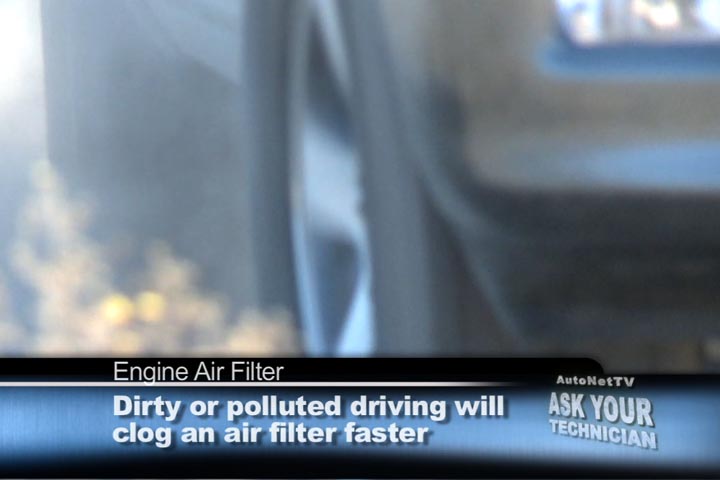Engine air filters may not seem like a big deal, but when they’re clogged up with dirt, dust, and insects, your engine could wind up choking for air and not delivering you the power and performance it was designed to give.
There are actually a couple of air filters in your vehicle. One filters the air going into the cabin (the cabin air filter), and the other filters air going into the engine. That engine filter is the one we’re talking about. After several months and long distances traveled, your engine air filter accumulates the junk it’s preventing from getting into your engine. You may notice your engine misfiring, your acceleration may not be what it used to be, it may make strange noises, and the Check Engine light may come on.
When you notice any of those signs, it’s time to bring in your vehicle to have us figure out what’s going on. We’ll visually inspect your air filter. Keep in mind that your vehicle’s manufacturer recommends a replacement interval for your make and model. Typically, many automakers suggest replacing the air filter every 10,000-15,000 miles/16,000-24,000 km. But if you drive in areas that are dirty and dusty, you should have it checked more frequently. Also, if you spend a lot of your driving hours in congested urban areas, stop-and-go driving can also tax your engine air filter.
When replacing it, it’s important to get the correct filter. Automakers often offer a variety of engines in the same model, so our technician will make sure you’re getting the one that’s made for your vehicle’s configuration. Keep in mind that the air filter is protecting your engine from contaminants, and having one that properly fits is important with today’s modern, high-tech engines.
Replacing your engine air filter can help prolong the life of your engine. You’ll both breathe better.
Tylers Auto TV
12485 SW MAIN ST
TIGARD, OR 97223
(503) 639-5588
http://www.tylersautomotive.com

